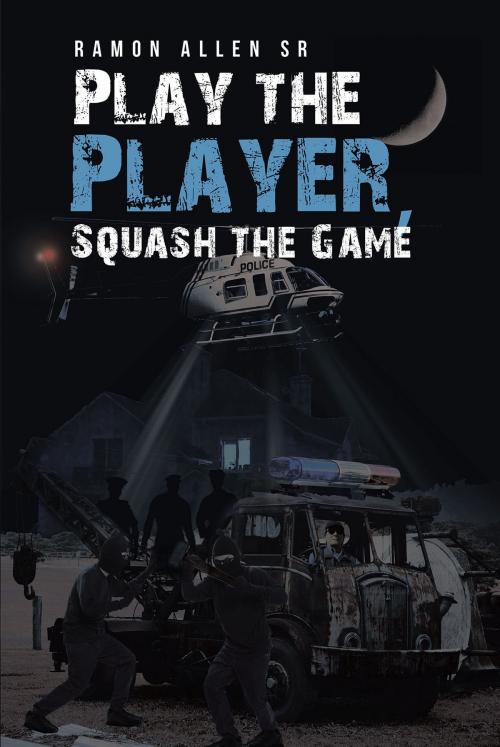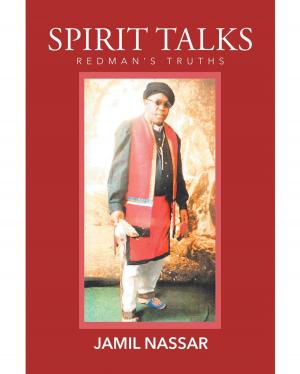Play the Player, Squash the Game
Mystery & Suspense, Hard-Boiled, Fiction & Literature, Action Suspense| Author: | Ramon Allen Sr. | ISBN: | 9781640274747 |
| Publisher: | Page Publishing, Inc. | Publication: | August 9, 2017 |
| Imprint: | Language: | English |
| Author: | Ramon Allen Sr. |
| ISBN: | 9781640274747 |
| Publisher: | Page Publishing, Inc. |
| Publication: | August 9, 2017 |
| Imprint: | |
| Language: | English |
Play the Player is an explicit fictional clandestine narcotics story of Sergeant Maurice LeBlanc and his unheralded crew of nonconforming operatives who relentlessly pursued narcotics violators in the beleaguered community’s back streets and neighborhoods during the tragic era when crack cocaine rose from the depths of the netherworld and proliferated the City of Compton. The inner shadows of the community and dimly lit alleyways were ideal battlements where steel-gated, fortified houses were created to safeguard the traffickers and their illicit product from those who would otherwise dare to take it from them—especially the police.
Given direct orders and objectives by the chief of police to abate all major cocaine suppliers and traffickers, risking their lives daily, Maurice and his crew incessantly infiltrated the underground rock-cocaine-trafficking networks throughout the urban community of South Los Angeles and the City of Compton during the scandalous era of the 1980s against unimaginable odds. Two of his crew members were actually shot during a rock house raid. They survived their wounds and returned to the team in a couple of weeks, ready to rock and roll.
This novel clearly delineates unorthodox methodologies the narcotics team implemented to tackle the unconventional tactics employed by clever traffickers. These methodologies are not recommended for inexperienced, untrained police personnel. Substantial lethal perils—which some readers may view as unbelievable—were encountered every day by the operatives as they eliminated rock cocaine from Compton and its adjoining communities. Anyone found to be trafficking narcotics on Compton soil was not safe from arrest and prosecution. And no one was above the law—including cops, attorneys, and elected officials. It didn’t matter. After all, LeBlanc had complete autonomy from the chief of police, and an elected official and his crew could infiltrate any trafficking network unnoticed. They were truly the invisible crew.
Play the Player is an explicit fictional clandestine narcotics story of Sergeant Maurice LeBlanc and his unheralded crew of nonconforming operatives who relentlessly pursued narcotics violators in the beleaguered community’s back streets and neighborhoods during the tragic era when crack cocaine rose from the depths of the netherworld and proliferated the City of Compton. The inner shadows of the community and dimly lit alleyways were ideal battlements where steel-gated, fortified houses were created to safeguard the traffickers and their illicit product from those who would otherwise dare to take it from them—especially the police.
Given direct orders and objectives by the chief of police to abate all major cocaine suppliers and traffickers, risking their lives daily, Maurice and his crew incessantly infiltrated the underground rock-cocaine-trafficking networks throughout the urban community of South Los Angeles and the City of Compton during the scandalous era of the 1980s against unimaginable odds. Two of his crew members were actually shot during a rock house raid. They survived their wounds and returned to the team in a couple of weeks, ready to rock and roll.
This novel clearly delineates unorthodox methodologies the narcotics team implemented to tackle the unconventional tactics employed by clever traffickers. These methodologies are not recommended for inexperienced, untrained police personnel. Substantial lethal perils—which some readers may view as unbelievable—were encountered every day by the operatives as they eliminated rock cocaine from Compton and its adjoining communities. Anyone found to be trafficking narcotics on Compton soil was not safe from arrest and prosecution. And no one was above the law—including cops, attorneys, and elected officials. It didn’t matter. After all, LeBlanc had complete autonomy from the chief of police, and an elected official and his crew could infiltrate any trafficking network unnoticed. They were truly the invisible crew.















